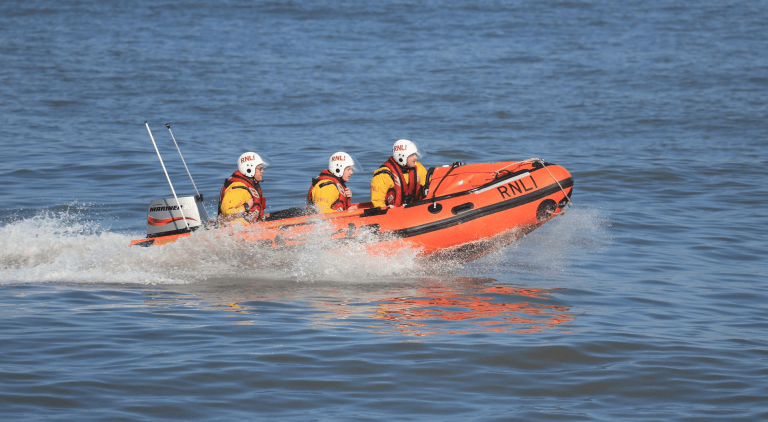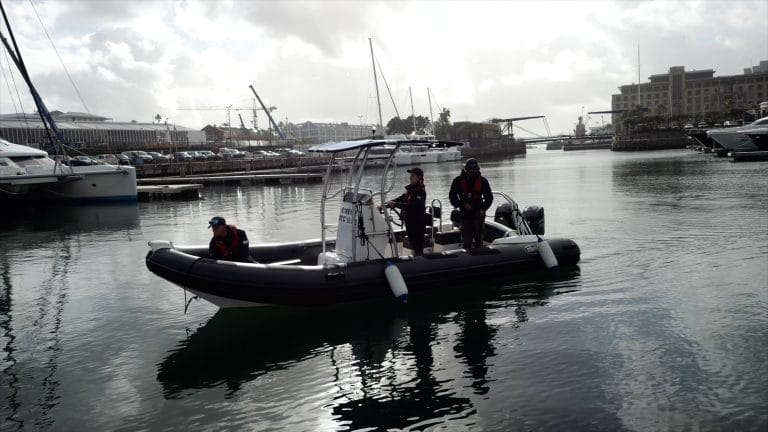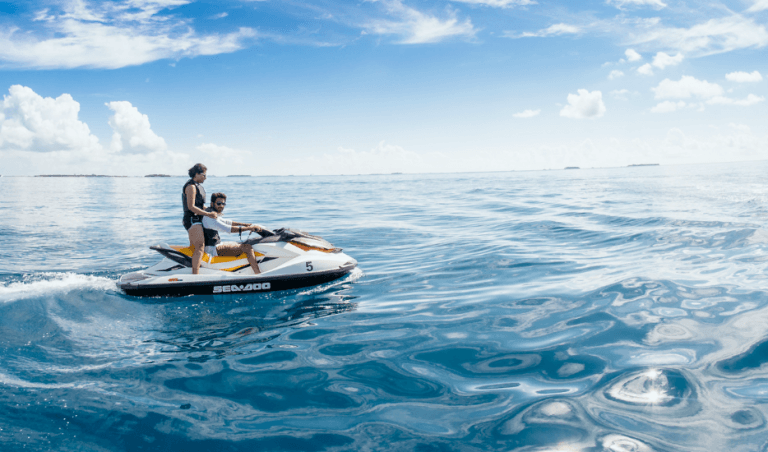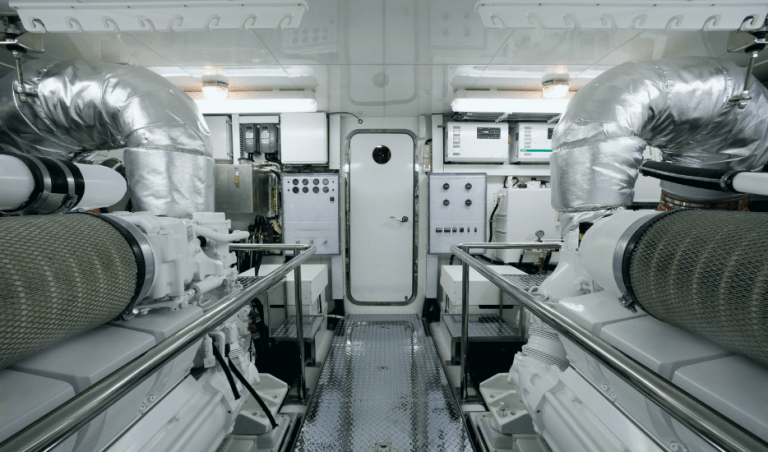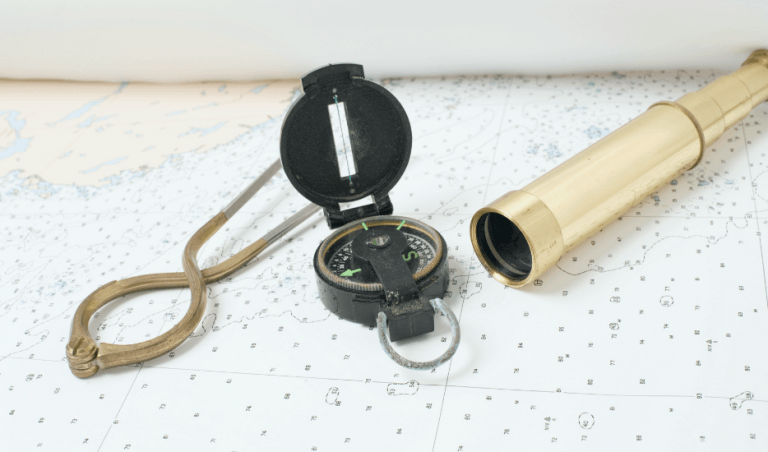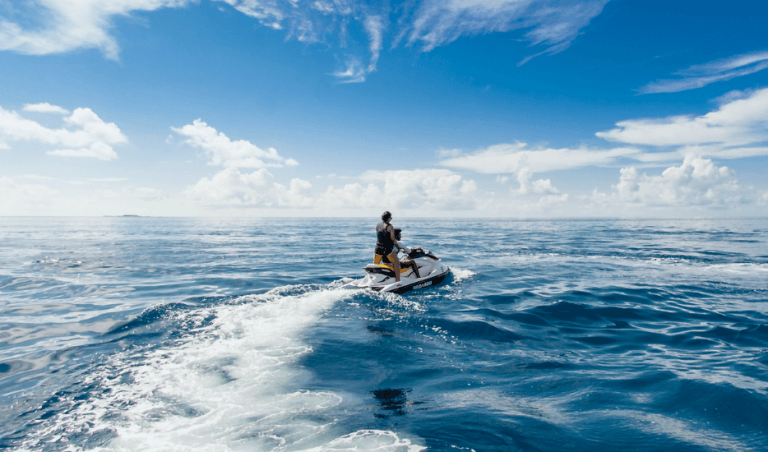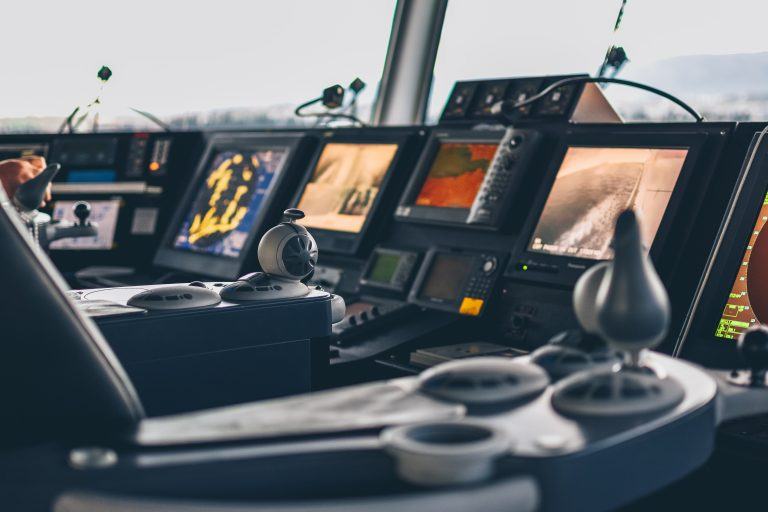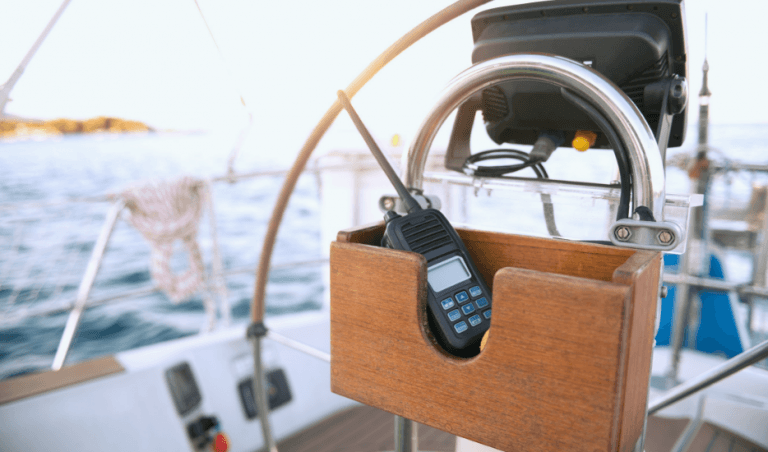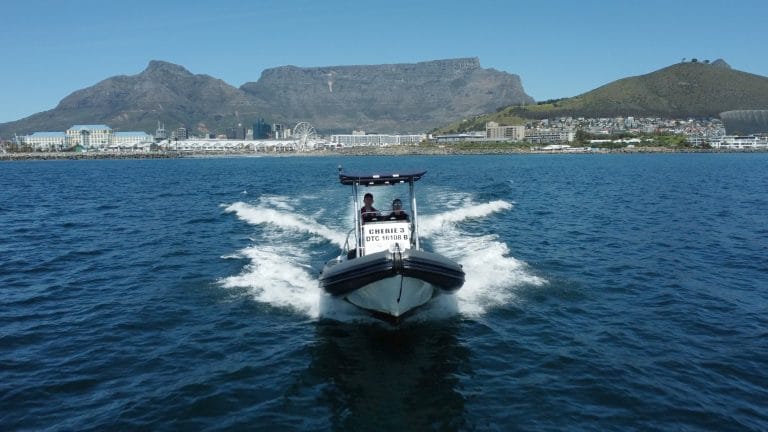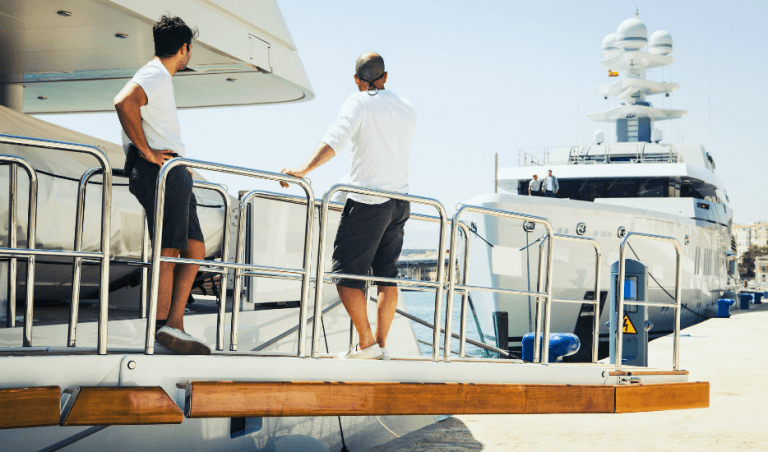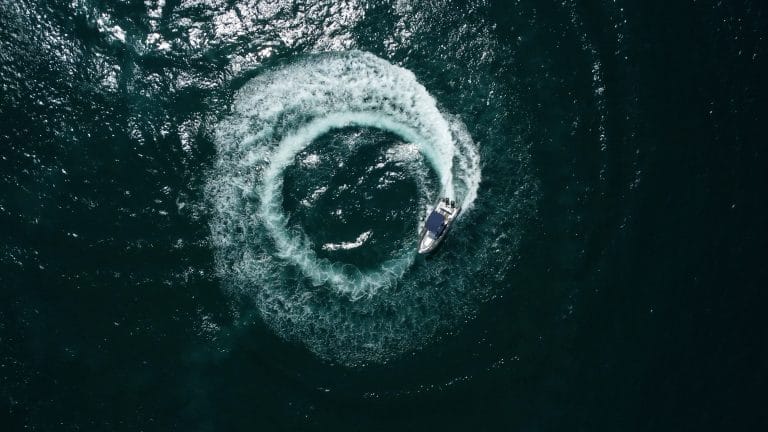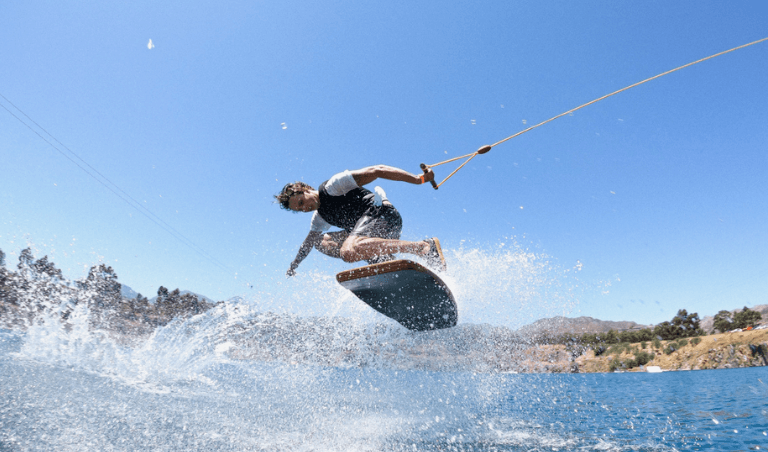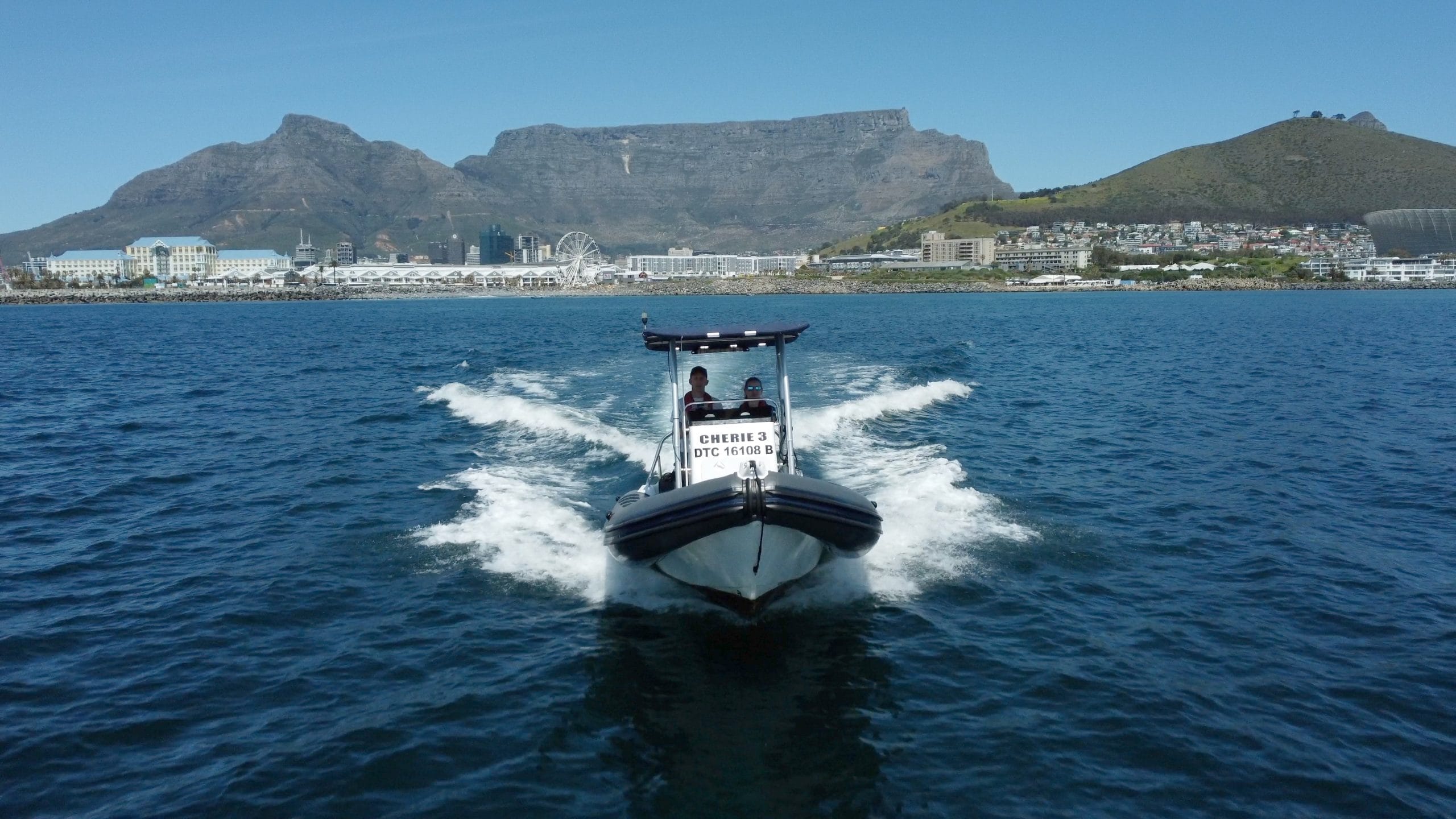Deck Courses
What Courses Do You Need?
If you’re new to yachting, the legal minimum requirement is the STCW 2010 basic training. While, in theory, any additional courses are a bonus, in practice, a saturated job market has led to widespread ‘qualification inflation.’ This means that if other candidates have more qualifications than you, you might not get a second look. Therefore, we recommend starting with the Classic Package. (Check out our packages to see the course bundles we offer.)
Additionally, we encourage anyone serious about a yachting career to develop skills beyond the scope of our courses. For more information, check out our blog posts.
STCW 2010
The STCW 2010 Basic Training (BT) is a foundational maritime safety course required for anyone seeking to work on superyachts or other vessels in international waters. “STCW” stands for the Standards of Training, Certification, and Watchkeeping, an internationally recognized framework established by the International Maritime Organization (IMO) to ensure safety and competency across the maritime industry.
This training is mandatory for all crew members, regardless of their role on board, and is a crucial first step for anyone looking to enter the superyacht industry.
- Price: R9650
- Duration: 11 days
- Fire Prevention and Fire Fighting (FPFF)
- Personal Survival Techniques (PST)
- Personal Safety and Social Responsibility (PSSR)
- Proficiency in Dedicated Security Duties (PDSD)
- Elementary First Aid (EFA)
RYA Advanced Powerboat Course
Aims to teach boat handling, seamanship, pilotage and navigation up to the standards required to drive a planing powerboat safely by day and night in tidal coastal waters, with which the candidate may be familiar, in more demanding conditions. Given the nature of these passages Advanced Powerboat courses should be delivered on powerboats of a minimum of 6 metres and an engine size sufficient to enable coastal passages at planing speed.
- Price: R6000
- Duration: 2 days
- Required experience: Candidates should be competent to the level of the Intermediate Powerboat Certificate with a knowledge of the navigation and chartwork to the level of Coastal Skipper & Yachtmaster Offshore Shorebased certificate.
- Pre-requisites: It is strongly recommended that candidates hold a first aid certificate and a VHF operators certificate.
- Content: Preparation for sea, boat handling, passage making and responsibility as skipper, pilotage, meteorology, rules of the road, use of engines, emergency situations, night cruising
- Certificate issuing criteria: Able to plan and execute coastal trips and return to a familiar port by night
- Format: The course predominantly takes place afloat however some elements, specifically navigation, are classroom based.
RYA Personal Watercraft Instructor (PWI) Course
Personal Watercraft Instructors (PWI) are experienced PW drivers who have been trained and assessed to run the RYA’s Personal Watercraft Proficiency Course and the Introduction to PW Safety course, which is designed for guests on Superyacht charter holidays. It is qualification in high demand onboard luxury yachts in the superyacht industry.
- Price: R9950 (Excluding £29 (under 25 years) or £55 (adults) payable to the RYA to become a member)
- Duration: 3 days
- Required certificates: First aid certificate, RYA Personal Watercraft Proficiency certificate (PWC)
- Experience: Experience of driving personal watercraft
- Training course: Run by an RYA PW Trainer and assessed by an independent Trainer with a moderation on the third day.
- Validity: Five years from the date of issue, provided that a valid first aid certificate is maintained.
- RYA membership Required
RYA Diesel Engine Course
The more we are able to multitask on board, even as an entry-level crew member, the more valuable we become to a vessel. A course to help you prevent and solve diesel engine failure. The course will give awareness of the main systems of a marine diesel engine and the ability to prevent breakdown at sea & rectify defects not requiring workshop support. Mechanical failure is the main cause of lifeboat callouts to yachts. This course includes basic maintenance and engine care which will prevent most cases of engine failure.
- Price: R2000
- Duration: 1 day
RYA Day Skipper Theory Course
A comprehensive introduction to chartwork, navigation, meteorology and the basics of seamanship. Invaluable superyacht training for learning how to start making decisions onboard and as a foundation to your Yachtmaster or yacht rating certificate.
- Price: R8000
- Duration: 5 days
- Seamanship
- Coastal navigation and pilotage
- Chartwork
- Position fixing
- Passage Planning
- Collision regulations
- Tides
- Meteorology
RYA Personal Watercraft Course (PWC/Jet Ski)
Personal Watercraft (PW), commonly referred to as Jet skis, are commonly found onboard luxury yachts and used by the guests. Small, lightweight and easily manoeuvrable, they are fast and exciting but need to be handled with care. The Personal Watercraft Proficiency course will teach you how to get the best from it and stay safe on the water. A superyacht may require this license to use it’s jet skis legally when abroad.
- Price: R3500
- Duration: 1 day
- No previous experience required.
- Launching, handling and recovery skills.
- Passage planning and decision making.
- High and low speed riding skills, essential safety information.
- Collision avoidance and orientation at sea
RYA Radar Operator Course
A popular one day course applicable to the superyacht industry. Radar is an invaluable aid for navigation and collision avoidance but it is only useful in the hands of a knowledgable operator. This course provides an invaluable foundation to ‘watchkeeping’ duties as a ‘lookout’ needed to navigate a luxury yacht or large tender.
- Price: R2100
- Duration: 1 day
- Radar wave propagation
- radar set components
- target definition and discrimination
- radar reflectors
- types of radar display
- radar plotting (ARPA and AIS)
- navigation, range and bearing
RYA VHF Radio (SRC – Short Range Certificate)
A course and exam for anyone who owns a fixed or handheld marine VHF radio. A radio is an important piece of safety equipment on board a superyacht and it is vital to understand the correct procedures. The Short Range Certificate is the minimum qualification required by law to control the operation of VHF and VHF Digital Selective Calling (DSC) equipment on any British flagged vessel voluntarily fitted with a radio either fixed or hand held.
- Price: R2000 (Excluding £70 payable to RYA to write the exam)
- Duration: 1 day
- Radio operation basics
- Maritime laws
- GMDSS (Global Maritime and Distress and Safety System)
- Distress, urgency and safety calling
- Digital selective calling (DSC)
- Frequencies
RYA Tender Operator Course
Designed in conjunction with the Professional Yachting Association this course is intended to build on a candidate’s basic powerboating knowledge and skills. Attendees will gain confidence in their ability to manoeuvre a powerboat more smoothly. The emphasis is on learning important skills in day and night pilotage and passenger carriage and management. This course is very useful for anyone operating a powerboat day or night with responsibility for carrying passengers. The course includes plenty of time to practice working with a crew member and operating short-handed. Candidates will practice and become familiar with pilotage for short passages from ship to shore, both day and night.
- Price: R6000
- Duration: 2 days (evenings)
- Prerequisite: RYA Powerboat Level II course required
- Passenger safety and comfort
- Basic day and night pilotage
- Emergency situations
- Electronic navigation
SYSA Deckhand Course
This signature superyacht deckhand training course was the first of its kind in Cape Town. It provides valuable information on how to become a deckhand on a yacht and covers topics from finding a job to deck maintenance. See the additional information for more details.
- Price: R5750
- Duration: 3 days
- How to get a job – CV's, crew agencies, where and when to go, visas, dockwalking and more.
- Life onboard a superyacht – roles and responsibilities, safety, crew etiquette.
- Deck maintenance – basic paint repairs, varnishing, wash-downs and detailing.
- Deck operations – an introduction into linework, mooring, and anchoring.
- Deckhand duties and practical application of products and maintenance
- Watersports – an introduction to guest etiquette, and safety.
RYA Powerboat Level 2 Course
Provides essential skills and background knowledge needed to be a competent tender driver in the superyacht industry. It aims to teach boat handling and seamanship in powerboats. It focuses on low speed close quarters handling, man overboard recovery, an introduction to driving at planing speed, and collision regulations. The course can be taken at an inland or coastal location.
- Price: R5000
- Duration: 2 days
- Close quarters boat handling
- Planing speed manoeuvres
- Man overboard recovery
- Anchoring
- Collision regulations
- Electronic navigation
Superyacht Watersports Instructors Course
SYSA is thrilled to partner with the renowned UK watersports guru Matt Crowhurst to offer this course. This watersports instructor course is tailored for the superyacht industry to enable participants to deliver exceptional watersports experiences to luxury yacht guests. To participate, you should have a basic level of wakeboarding proficiency – comfortable getting up, riding, and crossing wakes.
- Price: R12 000
- Duration: 5 days
- Improve boat handling skills on inboard vessels commonly seen on watersports-intensive super yachts.
- Master the art of towing wakeboarders, tubers, waterskiers, and wake surfers.
- Learn the nuances of launching, retrieving, and docking these vessels.
- Understand the ballast set-up, pre-checks, and the use of various cruise control systems in watersports operations
- Develop instructional skills tailored for wakeboard, waterski, and the popular wakesurf disciplines.
- Gain hands-on experience in driving, instructing, and demonstrating.
- Learn the safest, simplest, and most efficient techniques to help novices in watersports.
- Engage in collaborative learning, sharing inputs and insights with peers to enhance the training experience.

